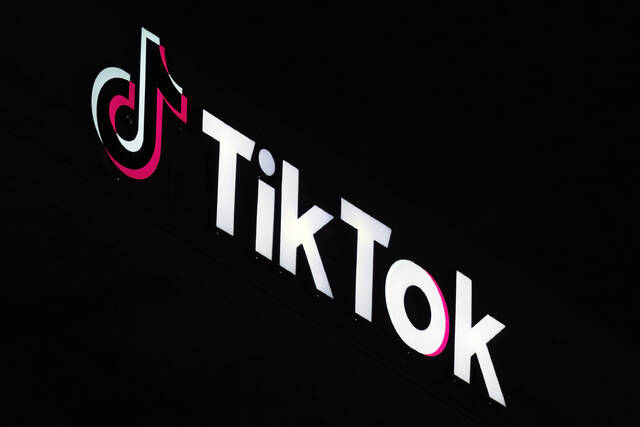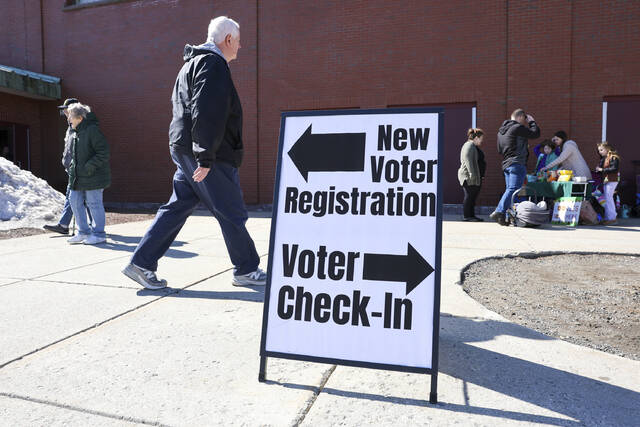A federal appeals court Friday upheld a controversial law banning the U.S. operations of TikTok — the popular video-based social networking app owned by Chinese company ByteDance — unless it finds a U.S. buyer. That gives the company six weeks to keep fighting before the ax falls.
This impacts a lot of Americans, as there are 170 million U.S. users, about half the total population of the country and more than the combined numbers who voted for Donald Trump and Kamala Harris.
The most dangerous aspect of TikTok, a potential Chinese state weaponization, is speculative. Lawmakers and the Department of Justice argue that the platform could be compelled to share data on users with authorities in Beijing, or used to gather information on potential spies or any number of other schemes running the gamut from plausible to Tom Clancy novel.
Yet there’s no public hard evidence that any of this has happened or even been attempted; we specify “public” because these officials have insisted that there is secret evidence to suggest these are real and present threats and are acting on that secret evidence.
We understand there are sensitive techniques and information that must be classified for reasons of national security and safety, but this isn’t how we should be doing things in this country. Effectively banning the operation of an entire company based on secret evidence that our political leaders simply assure us exists is not really in keeping with our principles of due process and transparency.
We present no defense of TikTok, which previously has been caught censoring views that Beijing doesn’t like, and it is undoubtedly designed to be addictive and appeal in particular to kids and teens, who can get sucked into the endless scroll. It has been used to push harmful content and misinformation around things like eating disorders and vaccines, and its sheer breadth and reach make this information often spread before it can be moderated.
If you’re thinking that could just as well be true of Meta and its Facebook and Instagram platforms, or Alphabet with YouTube, then you can see what we’re driving at. But what makes TikTok different is that those parents aren’t owned by an unfriendly foreign country.
There are plenty of things to be concerned about with TikTok, just as there are plenty of things to regulate around all of these social media companies. At least these are attempting some kind of even-handed moderation, unlike the platform formerly known as Twitter, which has become the cesspool of X under Elon Musk’s ownership.
Moving to completely ban TikTok on what seems like thin and largely speculative national security grounds is a red herring. It draws attention away from the fact all these social media platforms have been allowed to run roughshod over our social and political fabric with a very light touch from regulators. We’d all be better served dropping this effort and taking aim at the broader system.








